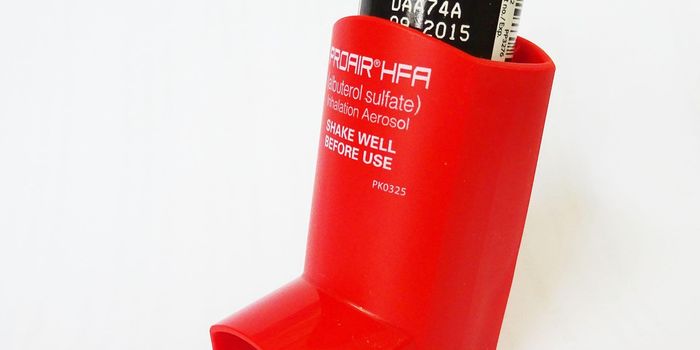Rare Mutation Increases Vulnerability to Fungal Infections
A new study identified an important mechanism in the innate immune response against fungal infections, explaining why specific genetic variations make some people more vulnerable to fungal infections than others.
Fungal infections are especially dangerous for immunocompromised individuals like those who are receiving chemotherapy or who suffer from autoimmune diseases. In contrast to the adaptive immune system that changes and conforms to the environment one lives in, the intricated, detailed innerworkings of the innate immune system are essentially set in stone genetically before birth.
From the Technical University of Munich, scientists began their study of the innate immune response to certain fungal infections. Past research findings provided some background knowledge of how the immune system uniquely targets fungal infections. First, the immune attack begins with protein elements called C-type lectin receptors found in blood and tissue cells. C-type lectin receptors are programmed to recognize fungal cells by molecules on their cell surface. This recognition then triggers a signaling pathway that recruits the proper immune cells to the site of infection.
Another protein, called CARD9, was also noted in past research as a key player in the signaling pathway required for the body to trigger an immune response to kill fungal cells, but scientists still were not sure of any details of CARD9’s involvement.
In the new study, scientists discovered three precursor proteins that need to be activated before CARD9 can get to work: Vav1, Vav2, and Vav3. If all three Vav proteins were to be deactivated due to a genetic mutation, the individual with the genetic alteration would be especially prone to fungal infections, even with functional CARD9 present.
“The functions of the Vav proteins were understood mainly as part of the acquired or adaptive immune system,” explained first author Dr. Susanne Roth. “Their functions in the innate immune response remain largely unexplored.”
“We also assume that the immune response to fungal infections is not the only place where the Vav protein dependent innate immune mechanisms we have discovered play a role,” said Jurgen Ruland.
Roth and her team used patient data to demonstrate the importance of Vav proteins for innate immunity. They observed one genetic variation appearing particularly common among a population of people suffering from candidiasis, a yeast infection. The variation causes Vav3 protein to be slightly malformed.
“We can now develop strategies to directly influence the signal pathway,” Ruland said. “If we are able to switch it on by artificial means, this could be used for vaccinations.”
The present study was recently published in the journal Cell Reports.
Source: Technical University of Munich









